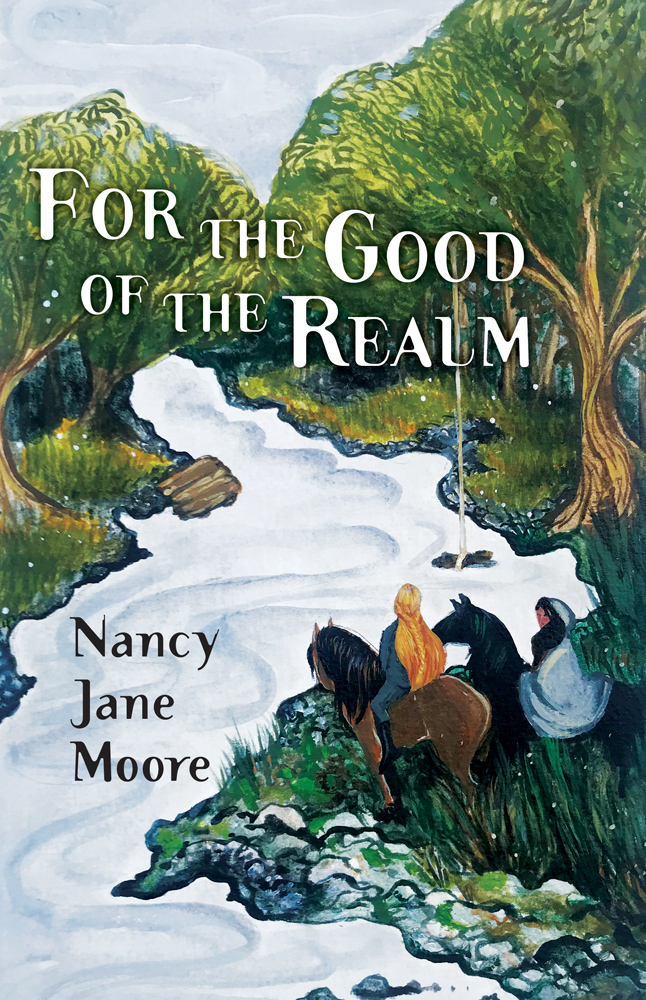Why is everyone in such a goddamned hurry?
While there are things we need to hurry up and deal with – climate change and fascism spring to mind – the efforts to address both those areas seem to be plodding along. Meanwhile, the broligarchs are trumpeting what they’re calling AI and claiming that their concept of the future – one built on bad reading of “Golden Age” science fiction – is just a few years away.
Their ideas range from living on Mars in the next five (ten? twenty? thirty?) years to destroying the Earth so we can live throughout the Universe by the trillions, which I assume they think will happen in their lifetimes, though perhaps only if the singularity happens or some other form of immortality comes along to give them (but probably not the rest of us) infinite time.
It’s easy to poke holes in their lack of knowledge of any area except computer programming (and maybe even that). Even their physics seems wonky and as for their biology – well, let’s be real: we humans evolved on and with this planet. There is no place else in the Universe where we will fit as well. Destroying the Earth is taking away our perfect home.
It may be possible for us to live on other planets or in orbiting satellites, but there are a lot of challenges to that, challenges rooted in our biology and in physics in general, not to mention in the fact that we really know so damn little. There’s so much more we need to understand before we set out to colonize the universe, perhaps starting with whether we should be colonizing anything at all.
 I wrote a novel about that: The Weave, which is about humans finding a habitable planet with an asteroid belt chock full of useful elements, a planet that turns out to be inhabited by intelligent beings who do not have human levels of technology, but have something else. I was thinking about the conquistadors in the Americas when I wrote it – the working title was Seven Cities of Gold and there are names and jokes on that theme throughout.
I wrote a novel about that: The Weave, which is about humans finding a habitable planet with an asteroid belt chock full of useful elements, a planet that turns out to be inhabited by intelligent beings who do not have human levels of technology, but have something else. I was thinking about the conquistadors in the Americas when I wrote it – the working title was Seven Cities of Gold and there are names and jokes on that theme throughout.
It is science fiction, meaning it is a thought experiment about how humans should approach meeting other intelligent beings, especially given some of the disasters in our history of meeting each other here on Earth. I’ll just note that the Earth I imagined was not destroyed to make this exploration possible, though it was far from a perfect society.
Biology. Physics. Ethics. Just a few of the things we have to consider as we explore beyond our planet or, for that matter, build future systems here on Earth.
There’s no need to be in a hurry about space exploration.
We have a perfectly good planet to live on – even with the challenges presented by our lack of attention to climate change – and, in fact, we could and should spend a lot of time and effort making sure we keep it livable for all and improve the infrastructure that makes a good modern life possible without destroying the core systems that make any kind of life possible.
It would make sense to get a properly balanced system working on Earth before we try to live anywhere else, because by doing that we’d figure out exactly what is necessary. Continue reading “Slow Down and Build Good Futures”…

